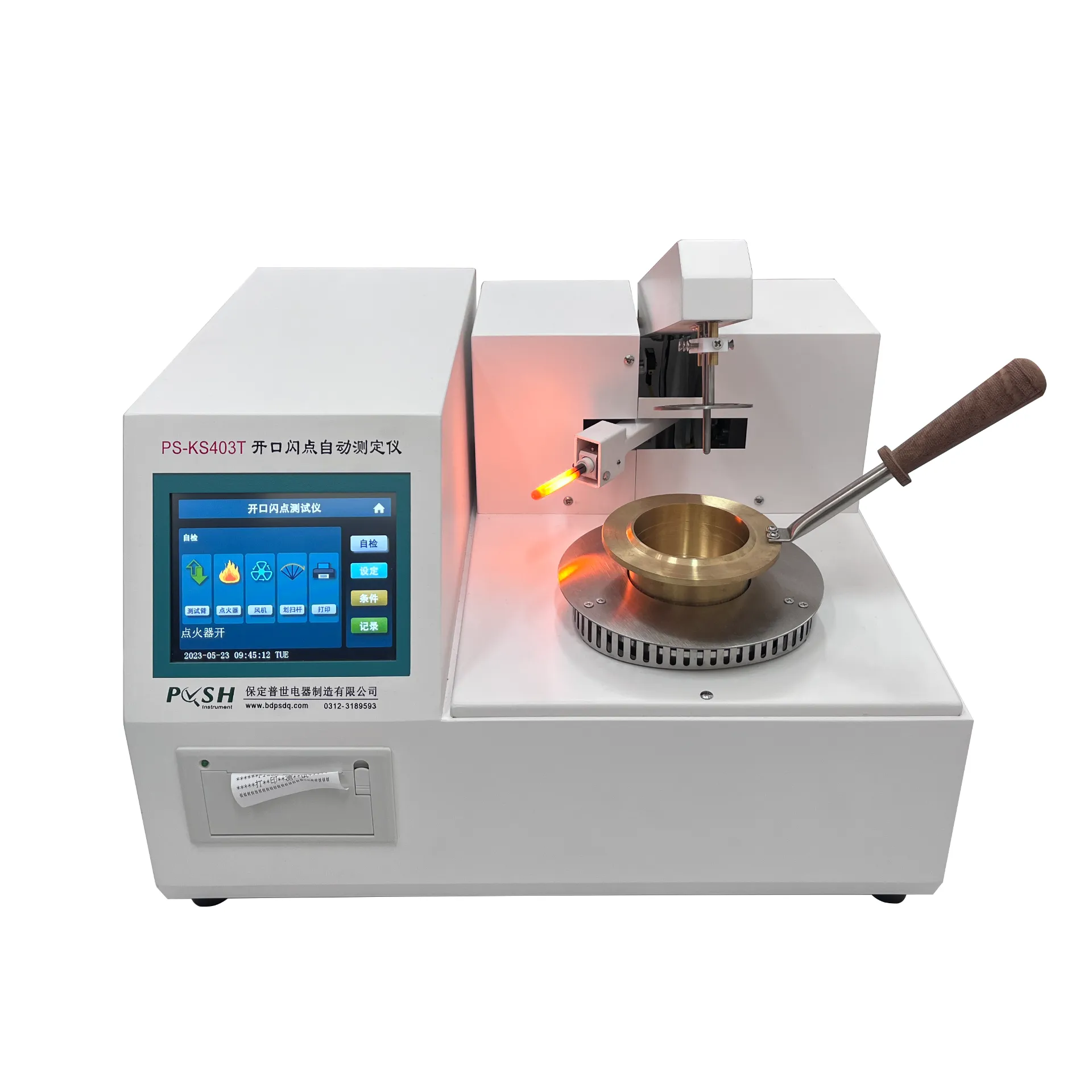TEL:
+86-0312-3189593
 English
English

Telephone:0312-3189593

Email:sales@oil-tester.com

-
 Afrikaans
Afrikaans -
 Albanian
Albanian -
 Amharic
Amharic -
 Arabic
Arabic -
 Armenian
Armenian -
 Azerbaijani
Azerbaijani -
 Basque
Basque -
 Belarusian
Belarusian -
 Bengali
Bengali -
 Bosnian
Bosnian -
 Bulgarian
Bulgarian -
 Catalan
Catalan -
 Cebuano
Cebuano -
 China
China -
 China (Taiwan)
China (Taiwan) -
 Corsican
Corsican -
 Croatian
Croatian -
 Czech
Czech -
 Danish
Danish -
 Dutch
Dutch -
 English
English -
 Esperanto
Esperanto -
 Estonian
Estonian -
 Finnish
Finnish -
 French
French -
 Frisian
Frisian -
 Galician
Galician -
 Georgian
Georgian -
 German
German -
 Greek
Greek -
 Gujarati
Gujarati -
 Haitian Creole
Haitian Creole -
 hausa
hausa -
 hawaiian
hawaiian -
 Hebrew
Hebrew -
 Hindi
Hindi -
 Miao
Miao -
 Hungarian
Hungarian -
 Icelandic
Icelandic -
 igbo
igbo -
 Indonesian
Indonesian -
 irish
irish -
 Italian
Italian -
 Japanese
Japanese -
 Javanese
Javanese -
 Kannada
Kannada -
 kazakh
kazakh -
 Khmer
Khmer -
 Rwandese
Rwandese -
 Korean
Korean -
 Kurdish
Kurdish -
 Kyrgyz
Kyrgyz -
 Lao
Lao -
 Latin
Latin -
 Latvian
Latvian -
 Lithuanian
Lithuanian -
 Luxembourgish
Luxembourgish -
 Macedonian
Macedonian -
 Malgashi
Malgashi -
 Malay
Malay -
 Malayalam
Malayalam -
 Maltese
Maltese -
 Maori
Maori -
 Marathi
Marathi -
 Mongolian
Mongolian -
 Myanmar
Myanmar -
 Nepali
Nepali -
 Norwegian
Norwegian -
 Norwegian
Norwegian -
 Occitan
Occitan -
 Pashto
Pashto -
 Persian
Persian -
 Polish
Polish -
 Portuguese
Portuguese -
 Punjabi
Punjabi -
 Romanian
Romanian -
 Russian
Russian -
 Samoan
Samoan -
 Scottish Gaelic
Scottish Gaelic -
 Serbian
Serbian -
 Sesotho
Sesotho -
 Shona
Shona -
 Sindhi
Sindhi -
 Sinhala
Sinhala -
 Slovak
Slovak -
 Slovenian
Slovenian -
 Somali
Somali -
 Spanish
Spanish -
 Sundanese
Sundanese -
 Swahili
Swahili -
 Swedish
Swedish -
 Tagalog
Tagalog -
 Tajik
Tajik -
 Tamil
Tamil -
 Tatar
Tatar -
 Telugu
Telugu -
 Thai
Thai -
 Turkish
Turkish -
 Turkmen
Turkmen -
 Ukrainian
Ukrainian -
 Urdu
Urdu -
 Uighur
Uighur -
 Uzbek
Uzbek -
 Vietnamese
Vietnamese -
 Welsh
Welsh -
 Bantu
Bantu -
 Yiddish
Yiddish -
 Yoruba
Yoruba -
 Zulu
Zulu
ian. . 09, 2025 13:47
Back to list
PS-1001 Oil breakdown voltage tester
Transformers are essential components in electrical power systems, and the reliability of these systems is heavily dependent on the condition of the transformer oil. Transformer oil testing is a critical practice that ensures the efficiency, safety, and longevity of transformers. With years of experience in the field, experts in oil testing combine sophisticated technology with deep industry knowledge to deliver authoritative and trustworthy evaluations.
Dielectric strength testing further contributes to the assessment of transformer oil by determining its ability to withstand electric stress without breakdown. This test is crucial for maintaining safety standards, as oil with insufficient dielectric strength poses a severe risk of failure. By continuously evaluating this parameter, industry professionals safeguard against catastrophic transformer failures that could disrupt power supply. In addition to these tests, experts also conduct acidity assessments to measure the concentration of acids in the transformer oil. High acidity levels may indicate the presence of sludge or varnish, which can impede the cooling function and lead to overheating. Tailored treatments, such as oil purification or complete replacement, are recommended based on these findings to restore optimal performance. The expertise involved in transformer oil testing not only focuses on the analysis itself but also on interpreting data to provide actionable insights. Skilled professionals offer customized recommendations for maintenance strategies, ensuring transformers operate efficiently with minimal downtime. Moreover, advancements in testing technologies have enhanced the precision and efficiency of these analyses, further reinforcing their reliability and authority. Being a cornerstone of preventive maintenance, transformer oil testing upholds the integrity and functionality of electrical grids. By leveraging cutting-edge testing methodologies and experienced insights, electrical utilities and industrial operators can trust the outcomes to make informed decisions. This combination of experience, expertise, authoritativeness, and trustworthiness ensures that transformer oil testing remains an indispensable service in the electrical industry, powering a stable and sustainable future.


Dielectric strength testing further contributes to the assessment of transformer oil by determining its ability to withstand electric stress without breakdown. This test is crucial for maintaining safety standards, as oil with insufficient dielectric strength poses a severe risk of failure. By continuously evaluating this parameter, industry professionals safeguard against catastrophic transformer failures that could disrupt power supply. In addition to these tests, experts also conduct acidity assessments to measure the concentration of acids in the transformer oil. High acidity levels may indicate the presence of sludge or varnish, which can impede the cooling function and lead to overheating. Tailored treatments, such as oil purification or complete replacement, are recommended based on these findings to restore optimal performance. The expertise involved in transformer oil testing not only focuses on the analysis itself but also on interpreting data to provide actionable insights. Skilled professionals offer customized recommendations for maintenance strategies, ensuring transformers operate efficiently with minimal downtime. Moreover, advancements in testing technologies have enhanced the precision and efficiency of these analyses, further reinforcing their reliability and authority. Being a cornerstone of preventive maintenance, transformer oil testing upholds the integrity and functionality of electrical grids. By leveraging cutting-edge testing methodologies and experienced insights, electrical utilities and industrial operators can trust the outcomes to make informed decisions. This combination of experience, expertise, authoritativeness, and trustworthiness ensures that transformer oil testing remains an indispensable service in the electrical industry, powering a stable and sustainable future.
Previous:
Latest news
-
Using Distillation Range Testers in the Food and Beverage IndustryNewsApr.16,2025
-
The Impact of IoT on Distillation Range Tester PerformanceNewsApr.16,2025
-
The Best Distillation Range Testers for Extreme ConditionsNewsApr.16,2025
-
How Distillation Range Testers Save Time and MoneyNewsApr.16,2025
-
Distillation Devices for Advanced Separation TechniquesNewsApr.16,2025
-
Common Mistakes to Avoid When Using a Distillation Range TesterNewsApr.16,2025



